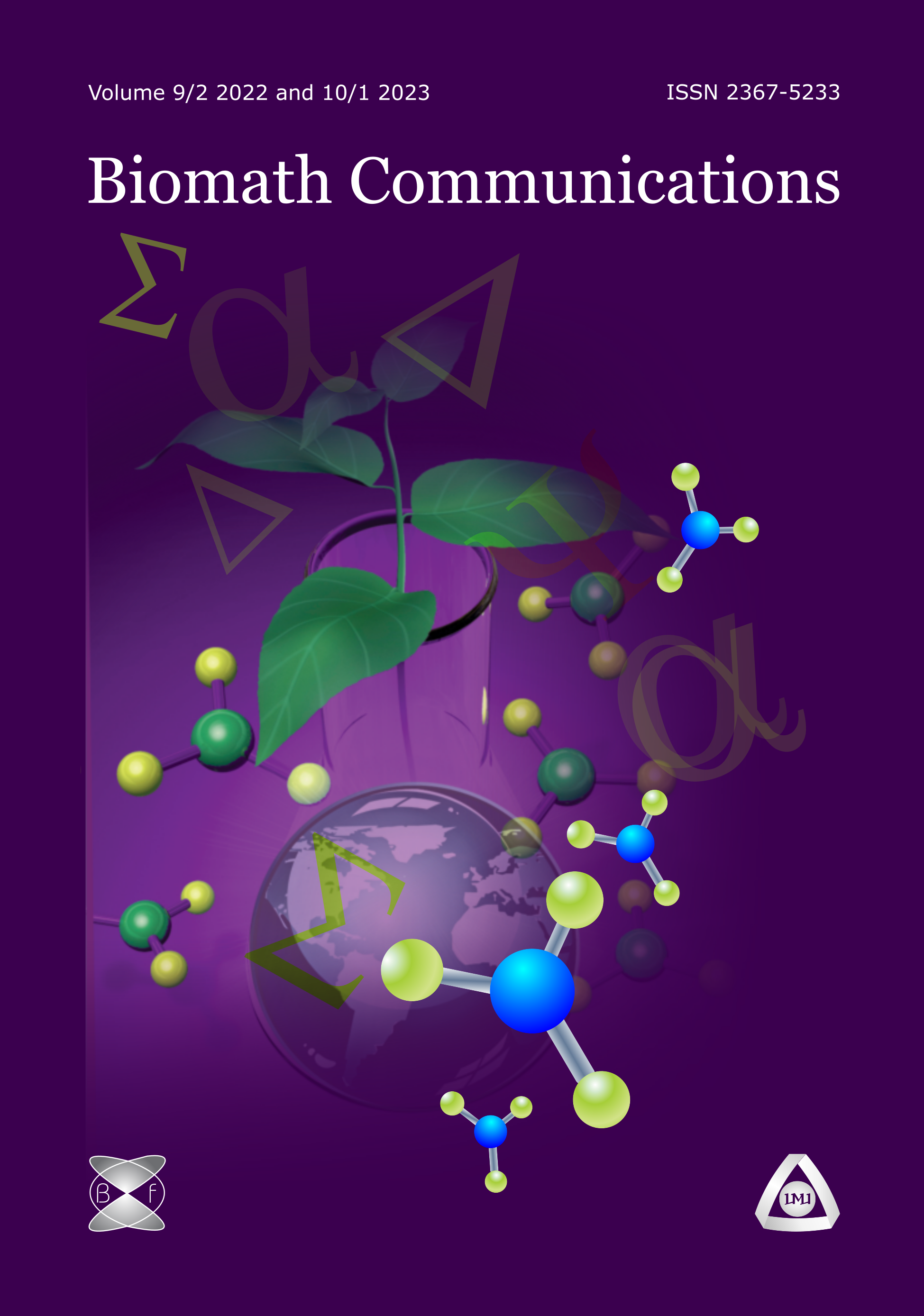Modelling Fire as Discrete Events in Some Tree-Grass Interaction Models with Explicit Soil Water Resource
DOI:
https://doi.org/10.11145/140Abstract
Savannah is a grassland ecosystem characterized by various trees density. It occurs in areas with annualrainfall from 300 to 1800 mm. If rainfall plays an important role in this savannah ecosystem, big fire events also can disturb the whole dynamics. Several continuous competition-based models have been proposed to explain different tree-grass patterns, taking into account fire events. We first consider a tree-grass model, but instead of considering continuous fire forcings, we В consider fire as discrete events and derive an impulse differential system. A qualitative analysis show that a periodic equilibrium can exist as well as local and global equilibria, according to some threshold parameters. Then, we consider an eco-hydrological model , that takes into account rainfall through a soil moisture equation. We perform a mathematical analysis and develop a nonstandard numerical scheme, that is able to preserve all qualitative properties of the model. Finally, using appropriate numerical schemes, we perform several numerical simulations. We conclude and present further possible developments.Downloads
Published
Issue
Section
License
The journal Biomath Communications is an open access journal. All published articles are immeditely available online and the respective DOI link activated. All articles can be access for free and no reader registration of any sort is required. No fees are charged to authors for article submission or processing. Online publications are funded through volunteer work, donations and grants.
Authors who publish with this journal agree to the following terms:
- Authors retain copyright and grant the journal right of first publication with the work simultaneously licensed under a Creative Commons Attribution License 4.0 that allows others to share the work with an acknowledgement of the work's authorship and initial publication in this journal.
- Authors are able to enter into separate, additional contractual arrangements for the non-exclusive distribution of the journal's published version of the work (e.g., post it to an institutional repository or publish it in a book), with an acknowledgement of its initial publication in this journal.
- Authors are permitted and encouraged to post their work online (e.g., in institutional repositories or on their website) prior to and during the submission process, as it can lead to productive exchanges, as well as earlier and greater citation of published work (See The Effect of Open Access).

